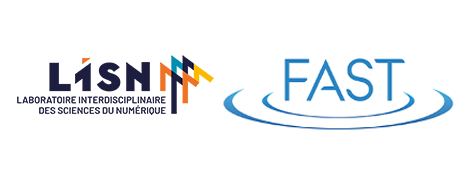
Microfluidic models have emerged as potent tools for investigating fundamental processes in microbial life, offering the capability to replicate intricate topological environments while facilitating detailed, quantitative observations at small scales as microorganisms. Microbial habitats are heterogeneous at the microscale and thus swimming cells have evolved advanced sensing and motility strategies (‘chemotaxis’) to search for nutrients, hosts, and mates, and to avoid predators and noxious substances. Chemotaxis has traditionally been regarded as a bulk characteristic of a population. It remains unclear, however, how variable the chemotactic abilities of cells are within a population. In the first part of this presentation, I’ll talk about our microfluidic study of heterogeneity in bacterial chemotaxis. In the second part of this presentation, I’ll talk about our microfluidic study of bacterial transport in multiscale porosity domains representing heterogeneous chemical landscapes. Conventional microfluidic models have primarily focused on single-porosity or limited-range pore size systems, overlooking the multiscale porosity characteristic of many porous media, including living tissues, geological formations, and industrial substrates. In this study, we introduce a novel microfluidic platform featuring multiscale porosity, encompassing porosity across several orders of magnitude, and then incorporate this multiscale porosity model to examine the heterogeneous fluid flow and concentration fields of transported chemicals, as well as biological behaviors such as bacterial chemotaxis.
Accès Salle des séminaires FAST-LPTMS (Bât. 530, salle C.120, 1er)